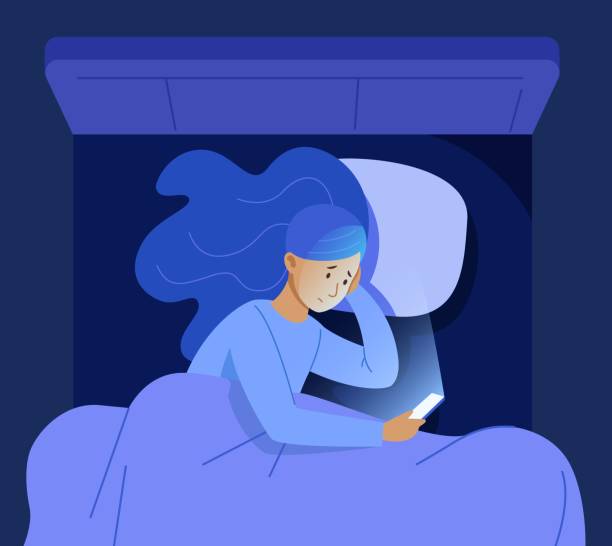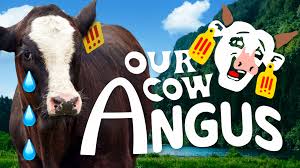Charlie bought a book at Barnes & Noble this weekend entitled “Stories of Boys Who Dare To Be Different.”
As I handed it to the cashier, he turned it over in his hands, examined the cover, and said, “See, this is good. I’m glad they’re writing these books for boys, too. It’s not a boys versus girls thing, but it’s balance that we need.”
The man behind the counter was young and clearly obtuse. Ill informed. I could’ve allowed his comment to go unchallenged, but because I am me, I could not resist.
It also sounded like he was lecturing me, which admittedly annoyed me, too.
So I fired away.
“You’re worried about balance?” I asked. “You really think that I should be worried that my son won’t find characters who represent him in literature? You really think it’s going to be a struggle for my white American son to find authors and heroes and leaders who look like him? I’m happy he’s excited about this book, but if every book for the next ten years was only written about women and by women, the gap between men and women in literature would still be enormous.”
“It’s just that there are a lot of books written for girls today,” he said, sounding sheepish, which was a good sign. At least he understood that the ground he was standing on was flawed.
“Those books aren’t written for girls,” I said with more force than was necessary, but now I was especially annoyed and, if I’m being honest, having some fun. “They’re written about girls, but they are written for everyone. Boys can read about girls, too.”
The man quickly turned his attention to scanning the last couple books. A second later, he announced my total, turning our discussion into a simple transaction.
He was done with me, either because I had snapped at him a bit or because he thought that as a Barnes & Noble employee, this was not the best means of conversation to have with a customer.
If I’m being honest again, I was disappointed. I was preparing to roll out the fact that I’m a teacher of 20 years and the author of four novels and a book of nonfiction as a means of credentialing myself.
Also possibly making myself look like a jackass.
After I paid for the books, I stepped aside and immediately opened my phone so I could record the conversation as best as I could remember it.
I like to be accurate.
Then I told Elysha because I knew that she would share my annoyance.
It’s incredible to think that there are men in this world who are threatened by the prospect that women might find an equal footing in literature or commerce or science or politics or whatever they damn well please.
It’s astounding to me that a man could work in a bookstore, surrounded by books written by white men, and think that books like the Rebel Girls series or an increase in the number of biographies of women or books written by female authors might be creating an imbalance of any kind in the world of books.
Has he not examined the books on the shelves? Does he really think that the scales are about to tip and books about boys are going to disappear forever? Is he that afraid of the idea of sharing space in this world with women?
This encounter was surprising to me, but it shouldn’t be. Frightened little boys in man suits walk amongst us every day, worried that the privilege they have enjoyed for tens of thousands of years might not be as absolute as it once was. These penis-bearing cowards are afraid of world where they will need to compete against women for power and position. They are repulsed by the idea that a bookshelf might someday hold more books written by and about women than men.
How small and sad these little men are.











